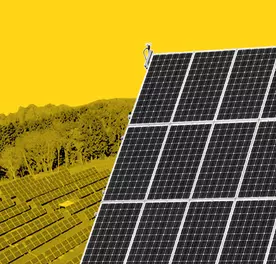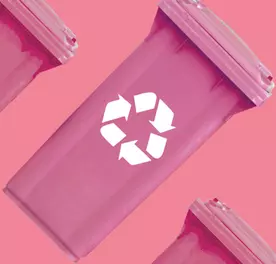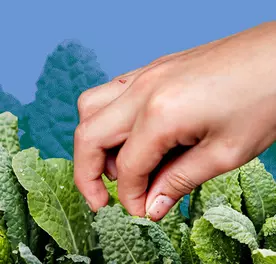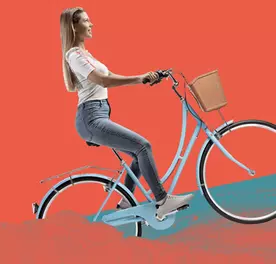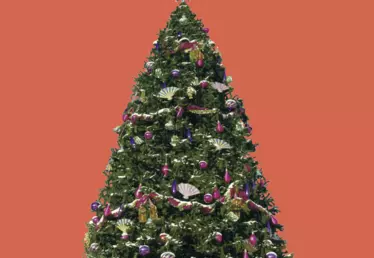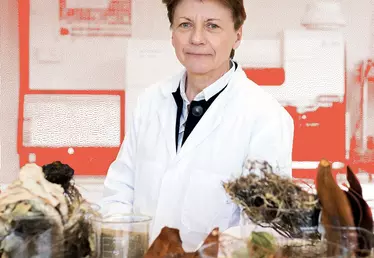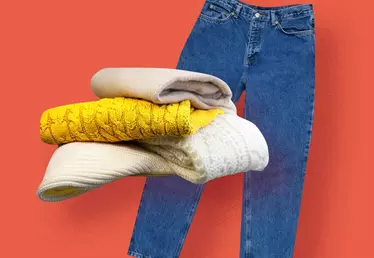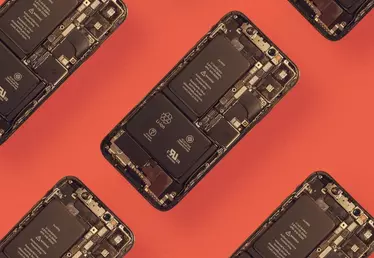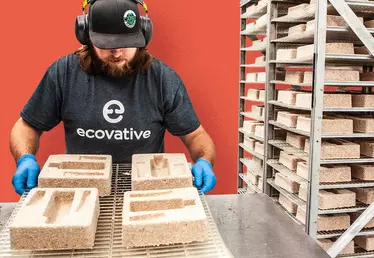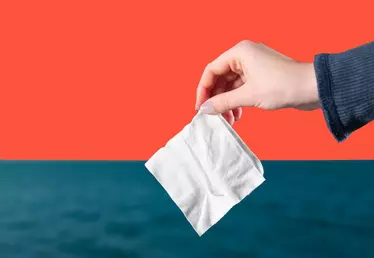
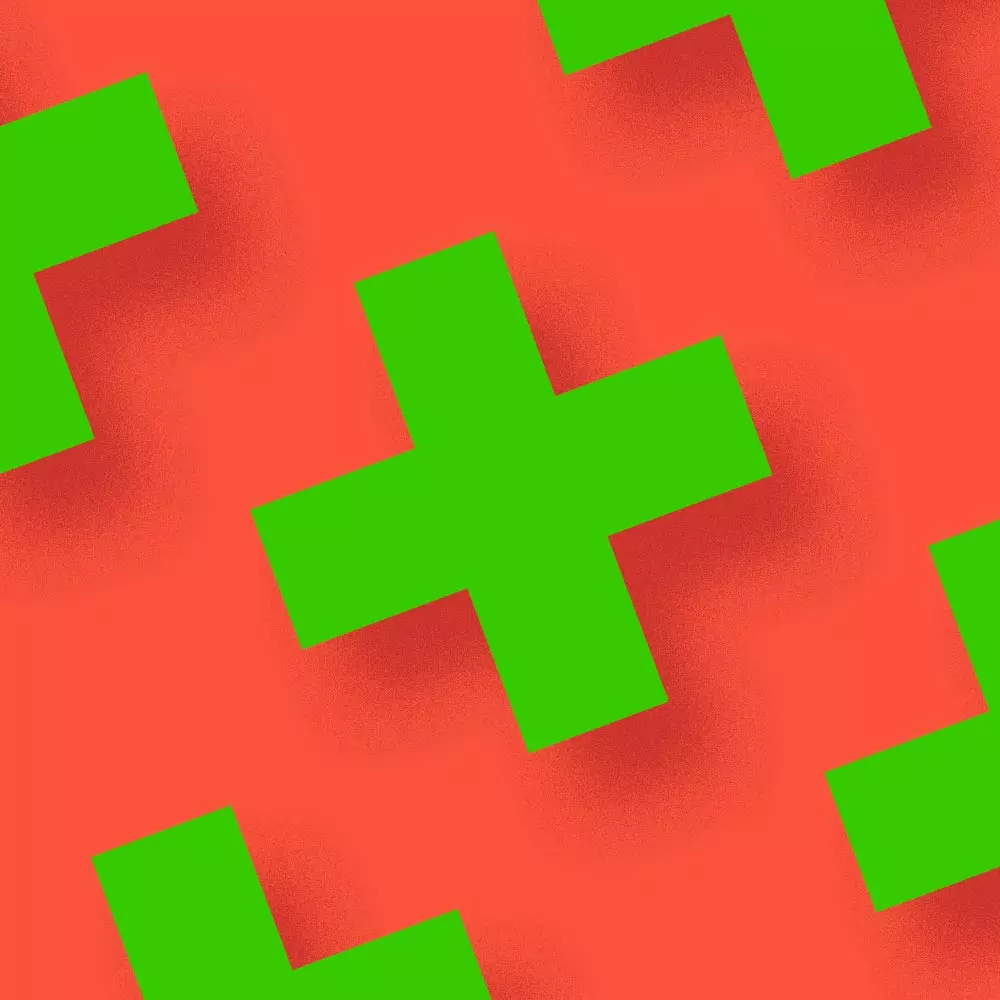
Hero banner custom title
Loose products are moving into pharmacies
3 min
To limit single-use packaging, loose products are being increasingly offered in the food, hygiene and clothing aisles. And why not in pharmacies? Mustela, a baby and child care brand, is taking up the challenge.
Buying loose products has become a key action in support of the circular economy. Firstly, because it helps to reduce the production of waste, especially plastic. Packaging makes up a significant portion of our rubbish and every year 8 million tonnes of plastic ends up in the world's oceans, according to the United Nations (UN). Secondly, because buying loose products limits waste, by allowing you to buy the right quantity.
In France, according to a study by Nielsen, 40% of consumers regularly buy in bulk. Although there are various motivations, Nielsen emphasises "an awareness of the issue of packaging". 61% of households would like to find more loose products in their shops. And why not even in pharmacies?
This is the idea of Mustela, a French skincare brand known for its products for babies and children, which has decided to test the sale of loose products in pharmacies. This is the first of many such initiatives.
"As early as 2010, we implemented an eco-design policy for our Mustela products which has enabled us to save 129 tonnes of plastic and 78 tonnes of cardboard and to make 100% of our bottles recyclable. Today, this is no longer enough. For us, the circular economy and waste reduction are the way forward to offer a more virtuous system."
Two pharmacies to start with
The Mustela trial began in June 2020 in one pharmacy in Paris and another in the Maine-et-Loire department.
Loose product machines were installed in participating pharmacies, with two products offered to customers: organic washing gel for the whole family and hand sanitiser. The brand has also provided customers with reusable and returnable glass bottles called "Reviens", to make it easy for customers to buy these products without packaging.
The operation is very simple: simply place the bottle in the self-service machine and fill it with the desired amount of product. When customers return their bottles to the pharmacy, they have two options.
If they wish to repurchase a Mustela product loose, they are provided with a clean bottle. If they do not wish to make a new purchase, the deposit is refunded (3 euros).
Each returned bottle is carefully washed to ensure the safety and quality of the product it contains. This is a real challenge in the pharmaceutical sector where health protocols are extremely demanding.
Extended in 2021?
Mustela has chosen to test this new distribution method before a possible extension to other pharmacies in 2021. The brand wishes to observe how users adopt this new offering in order to identify the strong points and possible areas for improvement.
Martin Trotel, one of the two pharmacists taking part in the experiment, gives an initial assessment: some sixty gels, both hydroalcoholic and cleansing, have been sold in two months; consumers "find the concept interesting and fun".
Mustela does not intend to stop there. Baby products are also now part of the circular economy loop.

